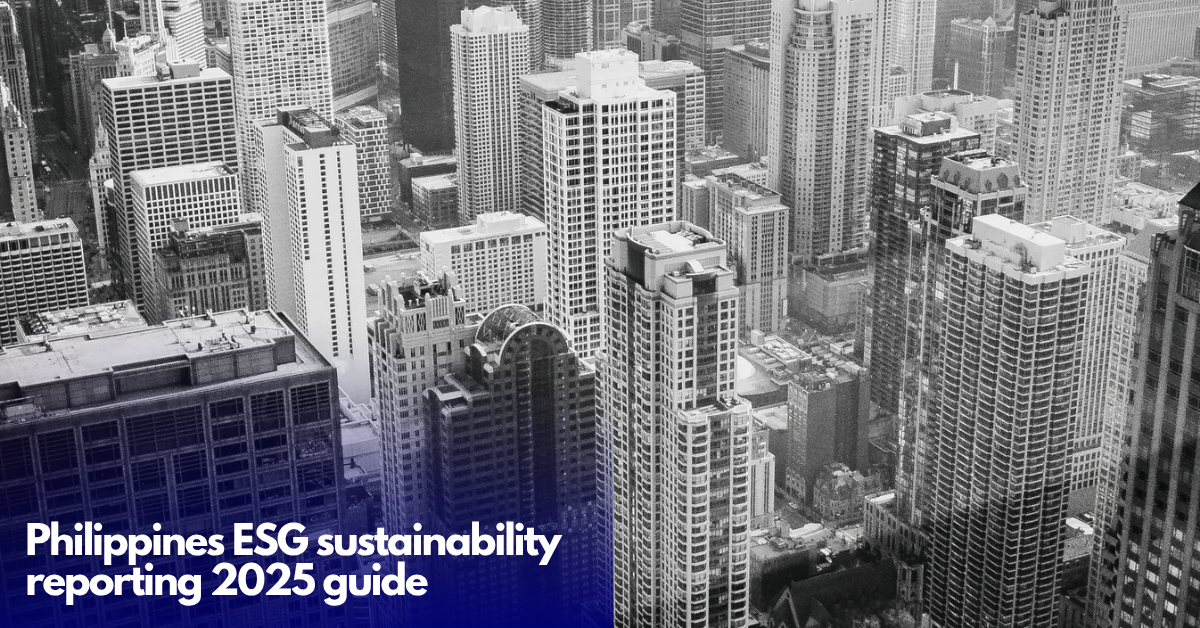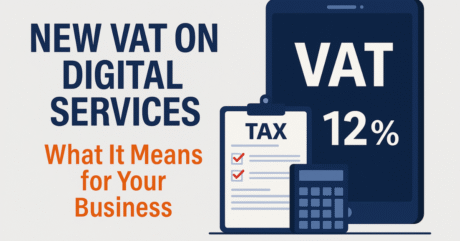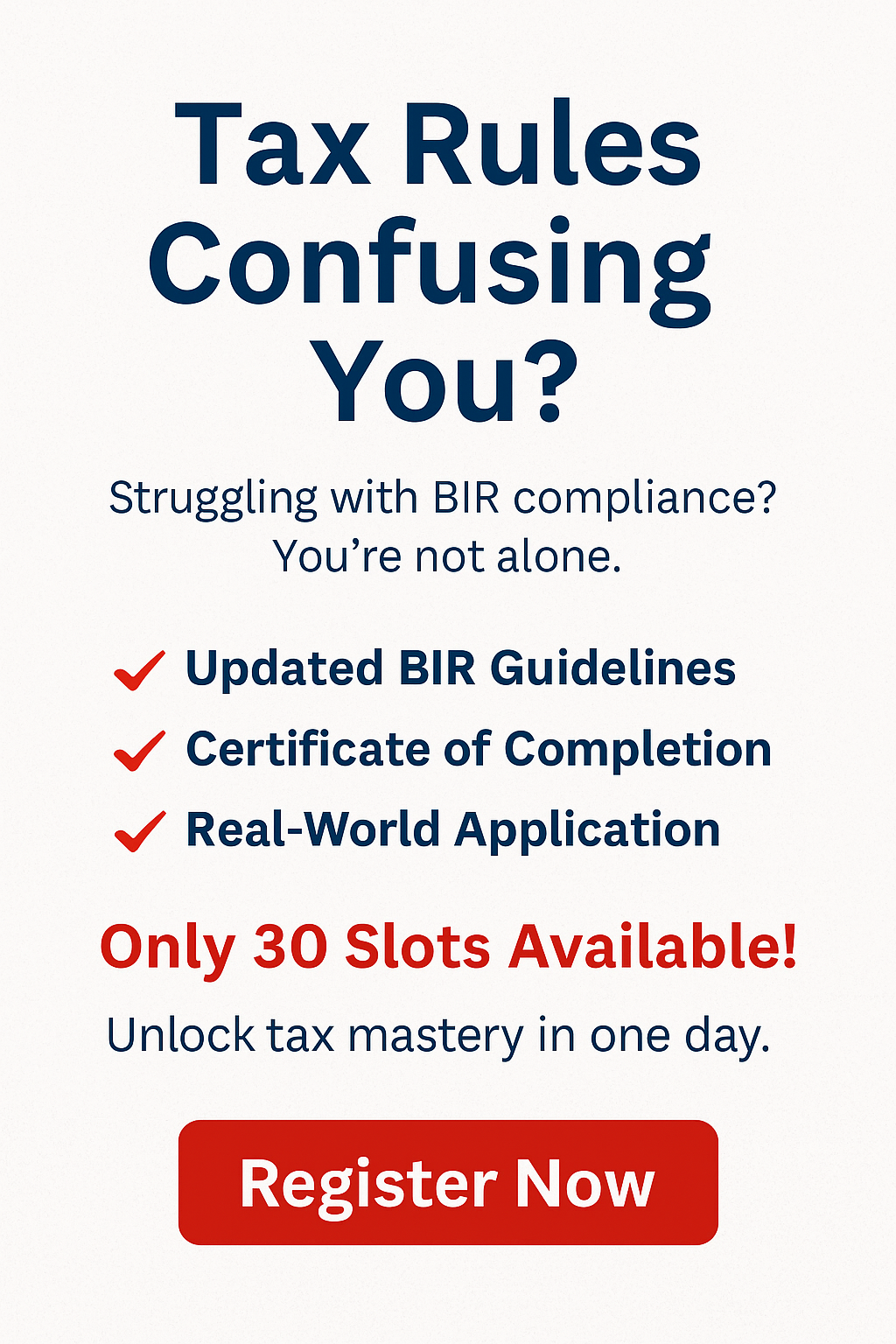Sustainability & ESG Reporting, what the Article is About?
Sustainability & ESG (Environmental, Social, Governance) Reporting — specifically for the Philippines. A beginner-friendly guide.
It explains why businesses can’t just report profits and taxes anymore; they also need to show how they impact the environment, people, and communities. This is now expected by regulators, investors, banks, and even customers.
Key Points
- Why it matters now
- Accounting isn’t just about money — companies must show how they affect the planet and society.
- ESG reporting is becoming a normal expectation, not a trend.
- How ESG became official
- Globally, reporting started as voluntary in the 1970s but now has formal standards (GRI, ISSB, IFRS S1 & S2).
- In the Philippines, since 2019 the SEC already requires sustainability reports for publicly listed companies.
- Local standards are aligning with international ones (ISSB), so it’s not optional for big companies anymore and may soon affect SMEs.
- What ESG reporting means
- Environmental (E): energy, water, waste, greenhouse gases.
- Social (S): employee safety, training, community work.
- Governance (G): ethics, transparency, anti-fraud, board oversight.
- In simple terms: it’s the non-financial story of how a company runs responsibly.
- Why Philippine businesses should care
- Compliance: SEC requires it for listed companies; may soon extend to SMEs.
- Investor access: Banks and investors now check ESG before lending or investing.
- Reputation: Companies with ESG programs win customer trust and global buyers.
- How to start (step-by-step)
- Start small: track basic data (electricity, training hours, waste).
- Use SEC templates and global frameworks (GRI, ISSB).
- Create simple, clear reports — doesn’t have to be long.
- Improve each year.
- Role of accountants
- Accountants help collect, check, and integrate ESG data into financial reports.
- They move from just reporting numbers to advising on risks, compliance, and opportunities.
- Main takeaway
- ESG reporting is already required for large companies and will likely trickle down to SMEs.
- Philippine businesses should start preparing now to avoid compliance and funding issues later.
- Accountants have an opportunity to become strategic partners in sustainability.
Sustainability & ESG Reporting in the Philippines: A Beginner’s Guide (2025)
- Why ESG Reporting Matters Today
- ESG Reporting Timeline: Global to Local
- What ESG Reporting Really Means
- Why ESG Reporting Matters in the Philippines
- How to Start ESG Reporting (Step-by-Step)
- Accountants’ Role in ESG Reporting
- Key Takeaways for Philippine Companies
Why are we talking about this ESG Reporting?
In the past, accounting focused mainly on profits, losses, and taxes. But today, businesses are being asked a bigger question:
How does your company affect the world around you?
This is where Sustainability and ESG (Environmental, Social, and Governance) reporting comes in. Globally, investors, regulators, and customers are asking for information on how companies treat people, the planet, and their stakeholders—not just their bottom line.
In the Philippines, this is no longer just “for the future.” It’s already happening.
A Quick Timeline of ESG Reporting (Global to Local)
- 1970s–1990s – Companies started publishing voluntary “environmental” or “social responsibility” reports.
- 2000 – The Global Reporting Initiative (GRI) released the first global guidelines for sustainability reporting.
- 2015 – The UN’s Sustainable Development Goals (SDGs) created a global framework for measuring social and environmental progress.
- 2017 – The Task Force on Climate-Related Financial Disclosures (TCFD) launched recommendations on climate reporting.
- 2021 – The International Sustainability Standards Board (ISSB) was created to unify global standards under the IFRS Foundation.
June 2023 – ISSB issued IFRS S1 (general sustainability disclosures) and IFRS S2 (climate disclosures). These became effective in January 2024.
Philippines 2019 – The Securities and Exchange Commission (SEC) started requiring publicly listed companies (PLCs) to file Sustainability Reports alongside their Annual Reports.
Philippines 2023–2024 – The SEC announced alignment with ISSB standards, signaling that Philippine reporting will follow global benchmarks.
What is ESG Reporting?
At its core, ESG reporting answers three questions:
- E (Environmental): How does the company use resources and impact the environment?
→ Examples: electricity consumption, water use, greenhouse gas emissions, waste management.
- S (Social): How does the company treat its people and communities?
→ Examples: employee benefits, workplace safety, training programs, community projects.
- G (Governance): How is the company managed and kept accountable?
→ Examples: anti-fraud policies, board independence, transparency in reporting, ethics codes.
Think of ESG reporting as the non-financial side of accounting. It tells the story of responsibility, not just revenue.
Why Does ESG Reporting Matter in the Philippines?
Regulatory Compliance:
SEC already requires PLCs to submit sustainability reports.
Future expansion: SMEs may be required in the coming years, as banks and investors begin to adopt ESG criteria.
Investor Expectations:
Local and foreign investors are screening companies for ESG performance.
Without ESG disclosures, access to capital may be limited.
Banking & Financing:
Philippine banks (especially those aligned with Bangko Sentral ng Pilipinas’ Sustainable Finance Framework, 2020) are now factoring ESG into lending decisions.
Reputation & Competitiveness:
Companies with ESG initiatives (renewable energy, fair labor, transparency) build stronger customer loyalty.
Export-oriented businesses must comply with international buyers’ ESG standards.
How to Start ESG Reporting (Step-by-Step for Beginners)
Even if your company has never done this before, you can begin simply.
- Step 1: Identify What to Report
Start with what’s easy to measure: electricity, water, waste, employee training, governance policies.
- Step 2: Collect Data
Example:
Electricity bills (kWh/month)
Number of training hours per employee
Written code of ethics or anti-fraud policy
- Step 3: Use a Framework
For PLCs: SEC provides a Sustainability Reporting Template.
For SMEs: Use it as a guide, even if not yet required.
- Step 4: Draft a Simple Report
It doesn’t have to be 50 pages. A one-page ESG summary is a great start.
Example (SME printing shop):
E: Switched to energy-efficient printers (↓ 20% power use).
S: HMO coverage for employees.
G: Full compliance with invoicing and tax reporting.
- Step 5: Improve Every Year
The goal is progress, not perfection.
Start small, build systems, and expand reporting gradually.
Role of Accountants in ESG Reporting
Accountants are critical because they:
Verify data (just like auditing financial records).
Ensure consistency (same data collection methods year after year).
Integrate ESG with financial statements (connecting costs, risks, and opportunities).
Advise management (on risks like climate exposure, compliance gaps, or stakeholder concerns).
In short: Accountants are moving from “number-crunchers” to strategic advisors in sustainability.
ESG Reporting Key Takeaway
ESG reporting is not a foreign concept anymore—it is already required for listed companies in the Philippines.
With global standards (ISSB’s IFRS S1 & S2) effective since January 2024, Philippine companies are expected to catch up.
SMEs should start preparing, even before it becomes mandatory.
Accountants have a unique opportunity to lead this shift.
Reference Note (for readers):
SEC Sustainability Reporting Guidelines for Publicly Listed Companies (2019)
ISSB IFRS S1 & S2 (effective Jan 2024)
BSP Sustainable Finance Framework (2020)
FAQ’s
Is ESG reporting mandatory in the Philippines?
Yes, the SEC requires sustainability reporting for publicly listed companies and may extend to SMEs in the future.
What is ESG reporting?
ESG reporting discloses a company’s environmental, social, and governance impact beyond financial statements.
Who prepares ESG reports?
Accountants usually lead ESG reporting, ensuring accurate data and compliance with global and local standards.









